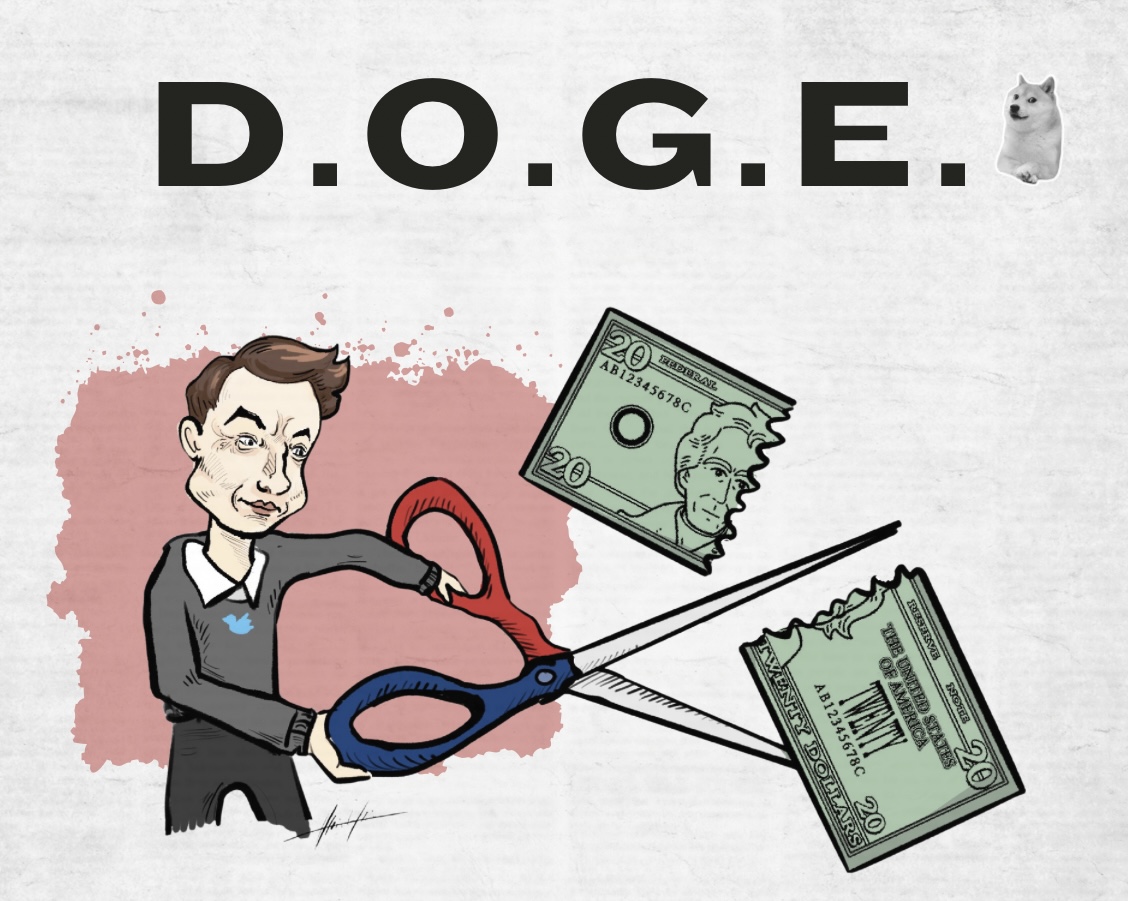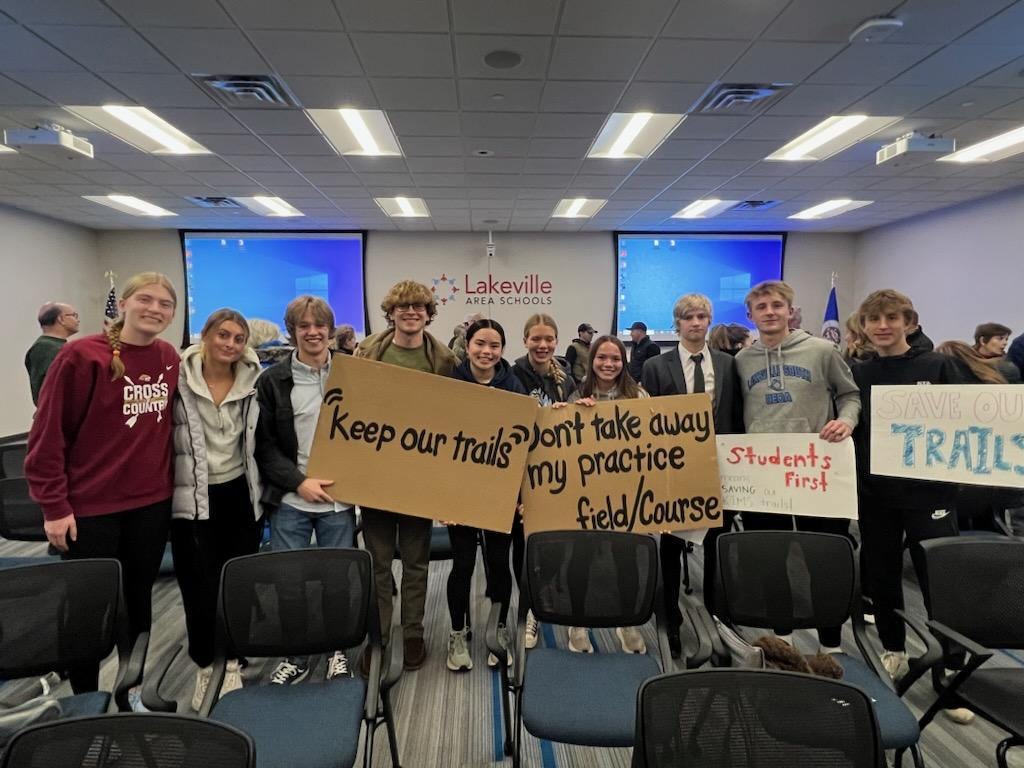DOGE! Remember that golden Shiba Inu meme with a poker face staring at you? It was iconic and sometimes funny, but imagine the name of that meme becoming a domino effect: becoming part of the US government. On November 13, 2024, U.S. President-elect Trump named Elon Musk to a role aimed at creating a more efficient government, handing even more influence to Republican entrepreneurs Musk and Vivek Ramaswamy.
Now the iconic DOGE meme we laughed at in 2014 has returned a decade later to reform how our government may perform.
Musk believes the root cause of US inflation was government expenditures exceeding our tax revenues. Last year alone, the federal government spent a whopping $236 billion in improper payments to individuals or entities that, according to the Government Accountability Office, were ineligible to receive such payments.
The idea was polarizing, as users from X were quickly divisive on what exactly this new system could do and achieve. Right-wing users sought to prevent increasing government interference that would stop Trump, whereas left-wing users felt concerned the department was serving Republican interests instead, because of who was in control. However, even oppositional differences didn’t stop Democrat presidential candidate Bernie Sanders from shocking many. On Nov 30th, Bernie waved his support for President-elect Donald Trump’s planned new Department of Government Efficiency (D.O.G.E) — providing it aims for the Pentagon’s cushy budget.
“Elon Musk is right. The Pentagon, with a budget of $886 billion, just failed its 7th audit in a row. It’s lost track of billions,” the 83-year-old Vermont senator posted on X.
This is on par with what Trump has in mind, an organization not just bent on serving right-wing interests, but instead a bipartisan project to keep the balance and checks in federal spending. However, with the impacts of reforming government spending falling on an outside organization like the Federal Reserve System, how may this change Gen Z’s future?
“Frankly, it does need to be done again, so every few decades you really need to look at everything,” Elaine Kamarck, a senior fellow in governance studies at the Brookings Institution who managed the Clinton Administration’s National Performance Review, an effort to cut government spending in the 1990s, told CBS MoneyWatch. High schoolers like us know prices are insane, and some may feel like nothing is happening, or happening too slowly. James Broughel, a senior fellow at the Competitive Enterprise Institute, has been a contributor at Forbes since 2021, where he covers breaking news related to state and federal regulation. James reports that one promising area is the reduction of administrative paperwork burden, which costs Americans an estimated $187 billion a year and 12 billion hours annually in compliance time.
Can saving this much time and money allow Gen Z to access services faster and maybe cheaper?
Well, the work to slash the bureaucracy has become a bit nuanced. As Christopher Rosso, professor of public policy and political science at Northeastern, points out, “If you look at the federal budget, about 70% of it is confined to four buckets: defense spending, Medicare, Social Security and payment on the national debt,” he says. “That leaves the other 30%, often referred to as the ‘discretionary’ end, which usually includes programs that are really quite popular. Good luck on cutting, for example, programs that support agricultural production.”
Although conservatives are ambitious, they need to tread carefully.
As much impact as conservatives suggest, treading along what to cut is key. DOGE will have to be careful in cutting expenses, hiring both sides and carefully deciding how to deal with allies or opponents. Hopefully, the younger generations may see a bipartisan government work to eliminate loads of wasteful spending that has gone unnoticed.
Dan Lips, head of policy at the Foundation for American Innovation, published a piece for The Hill highlighting potential avenues Musk and Ramaswamy could take to start reversing the Biden-Harris Administration’s billions in improper payments. Will this become reality and save Gen Z from the drought of the American Dream? Or will the next four years turn our cute dog into a fear-inflicting nightmare that can’t be controlled, even by the government?







